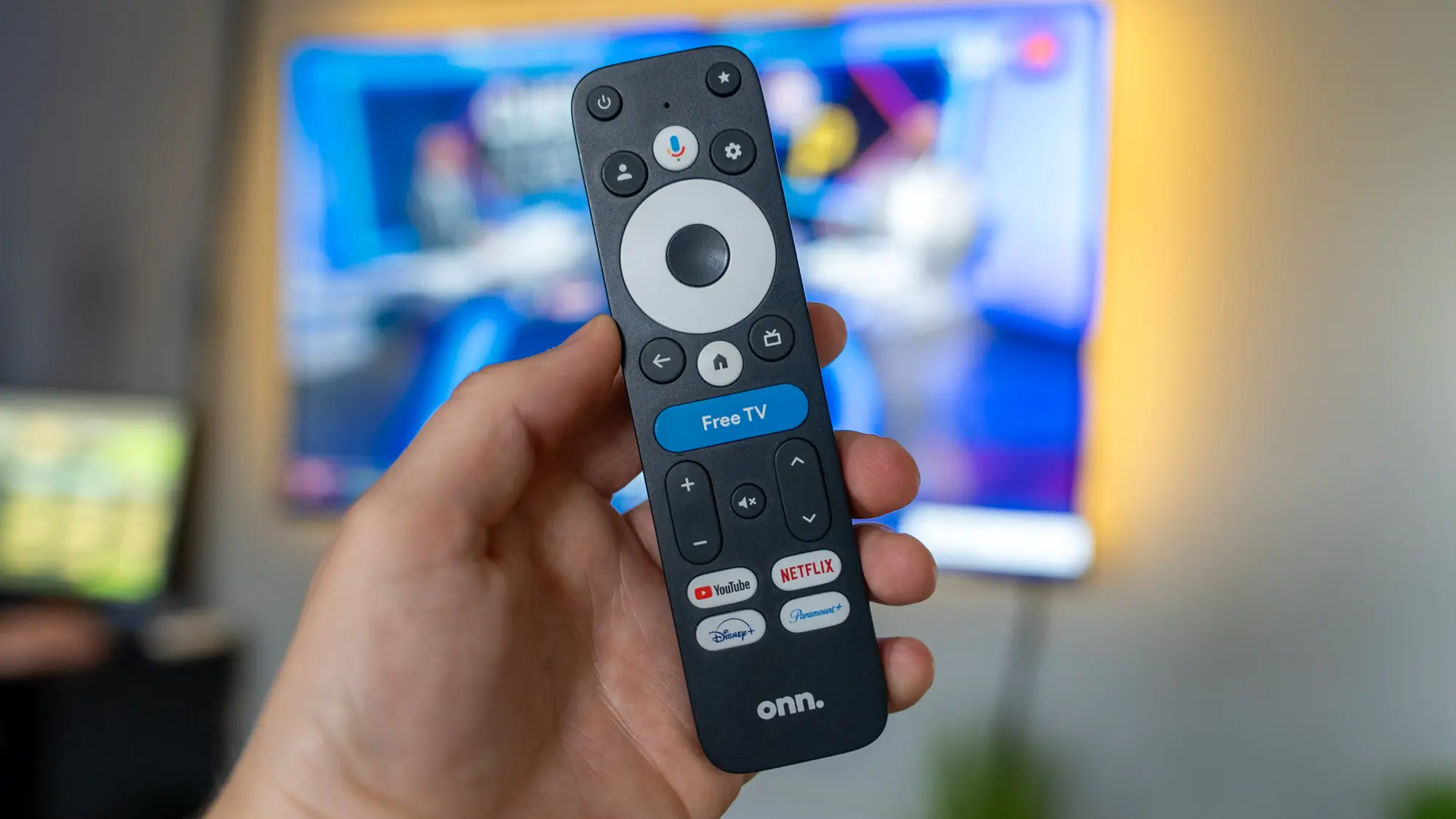
The recent development of an artificial intelligence tool known as Delphi-2M aims to predict an individual’s risk of various diseases over the next two decades. Researchers from the University of Warwick and New York University, leveraging a dataset from the UK Biobank involving nearly 403,000 people, have created a model that forecasts health events, including conditions such as cancer, diabetes, and heart disease. This advancement could shift healthcare focus from reactive treatment to proactive prevention.
Delphi-2M utilizes a sophisticated AI architecture called a “transformer network,” similar to the technology behind ChatGPT. By modifying the GPT-2 architecture, the researchers have designed a model that can analyze complex interactions among multiple diseases using various personal health data points. The model factors in variables such as sex at birth, body mass index, smoking status, and drinking habits to make its predictions. With an area under the curve (AUC) score of approximately 0.7, or 70% accuracy, the tool demonstrates significant potential, although it has not yet been validated against real-world outcomes.
Exploring the Model’s Capabilities
The researchers also tested Delphi-2M using data from the Danish Biobank, where it maintained similar theoretical accuracy rates. This indicates that the model could have broad applicability across different populations. However, the primary goal of the research was not to endorse Delphi-2M for immediate clinical use but rather to highlight the potential of their AI architecture in analyzing extensive medical data.
Compared to previous health prediction models, Delphi-2M stands out for its ability to simultaneously predict multiple diseases, unlike many existing models that focus on single-disease risks. For example, a model called Milton applied standard machine learning techniques to the same UK Biobank data but exhibited lower predictive power for most diseases and required more data to operate effectively.
One of the key advantages of Delphi-2M is its open-source nature. The researchers generated synthetic data that replicates the UK Biobank dataset while safeguarding patient privacy. This innovation allows other researchers to access and train the model without compromising sensitive information, promoting advancements in open science.
Challenges and Future Prospects
Despite its promising capabilities, Delphi-2M is not yet ready for practical application in clinical settings. Concerns regarding data quality and representation persist, particularly since the UK Biobank dataset lacks sufficient diversity across different races and ethnic groups. While preliminary analyses suggested that adding ethnicity and race did not significantly impact predictions, the limitations of the dataset could affect broader applicability.
As the model evolves, integrating more personal healthcare data could enhance its predictive accuracy. However, this raises challenges related to data security and the potential for inappropriate use. Moreover, adapting Delphi-2M for healthcare systems with contrasting structures, such as the fragmented system in the United States, may complicate its implementation.
As of now, the model provides generalized predictions based on its training data. While the research offers a glimpse into the future of personalized health forecasting, further investment in similar models could eventually allow for tailored predictions based on individual health profiles. The journey from theoretical predictions to practical, personalized health recommendations is ongoing, but the development of Delphi-2M signifies important strides toward the future of preventive healthcare.






